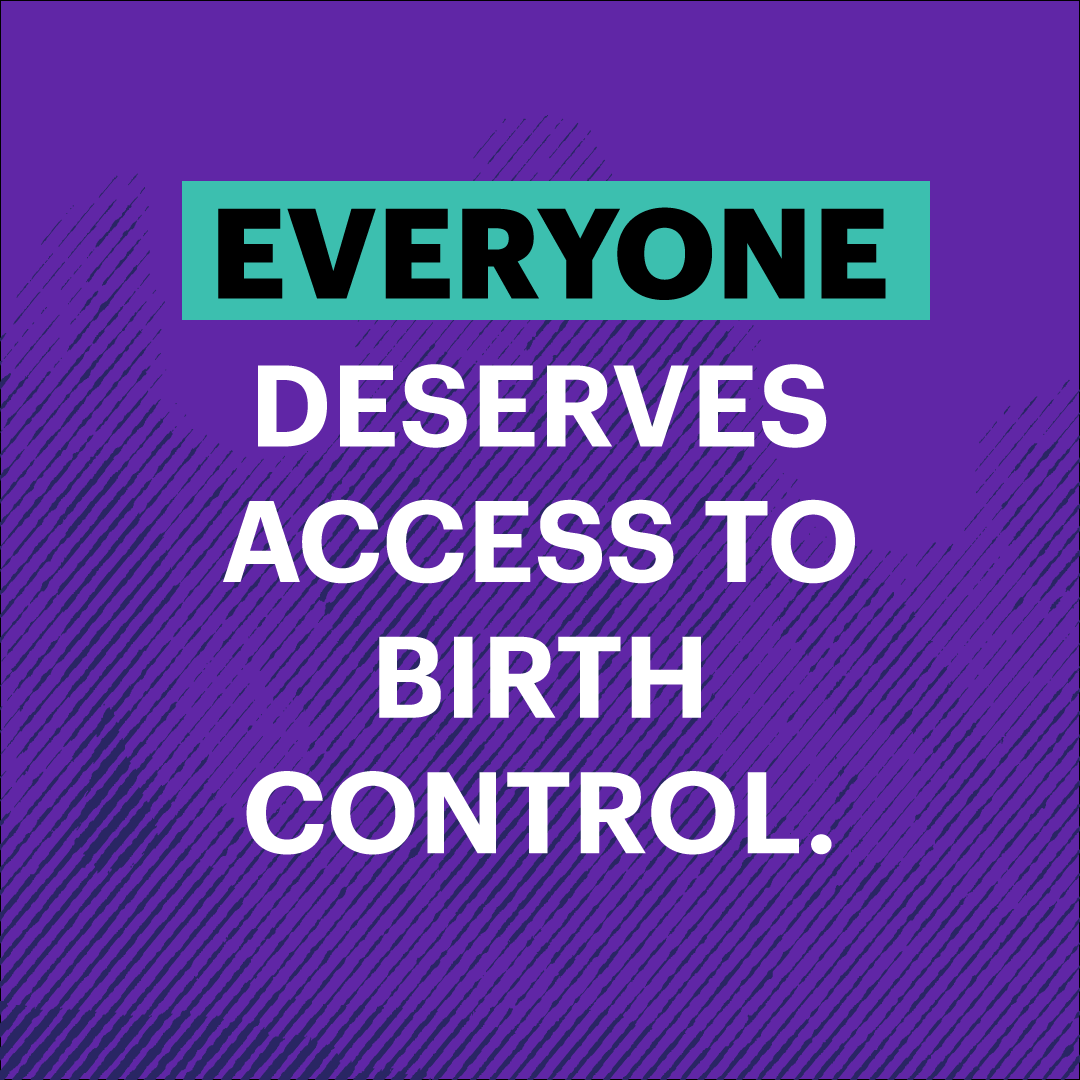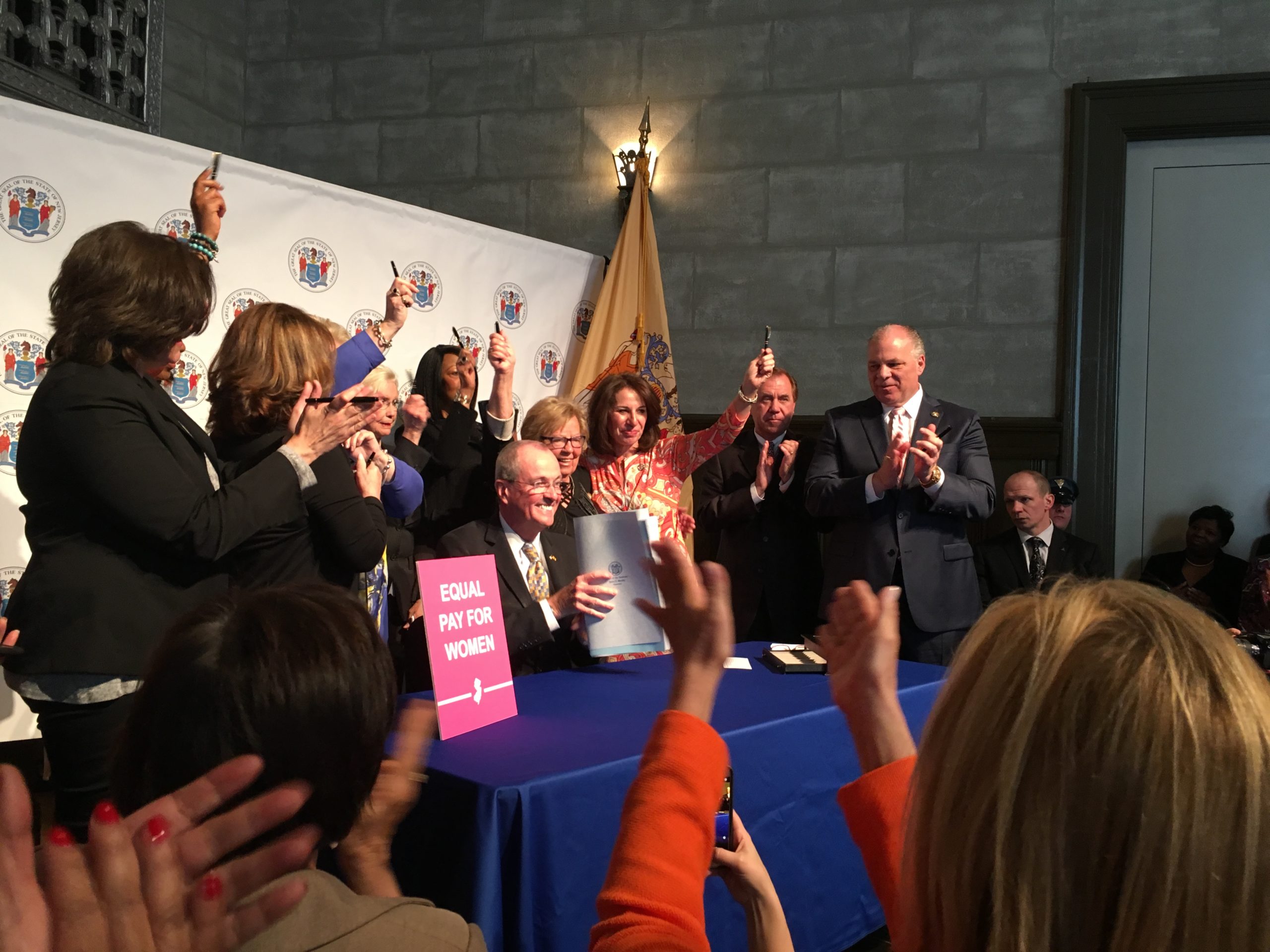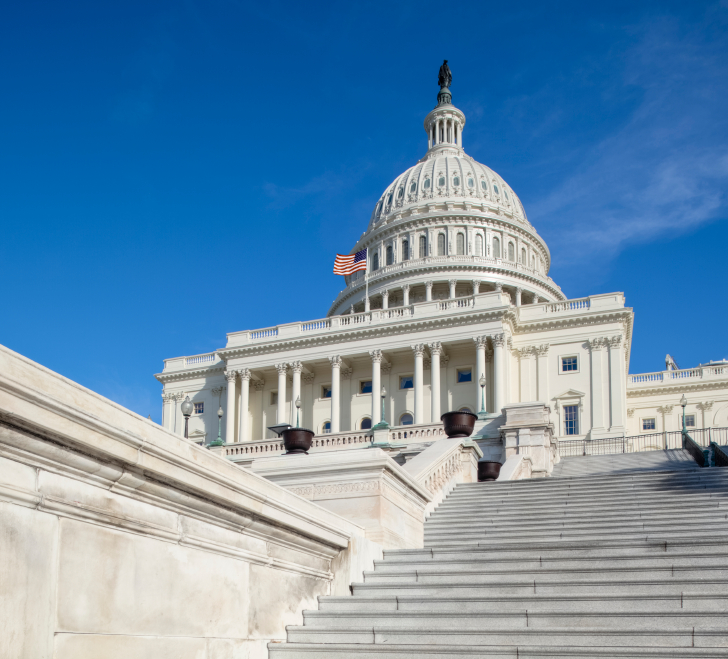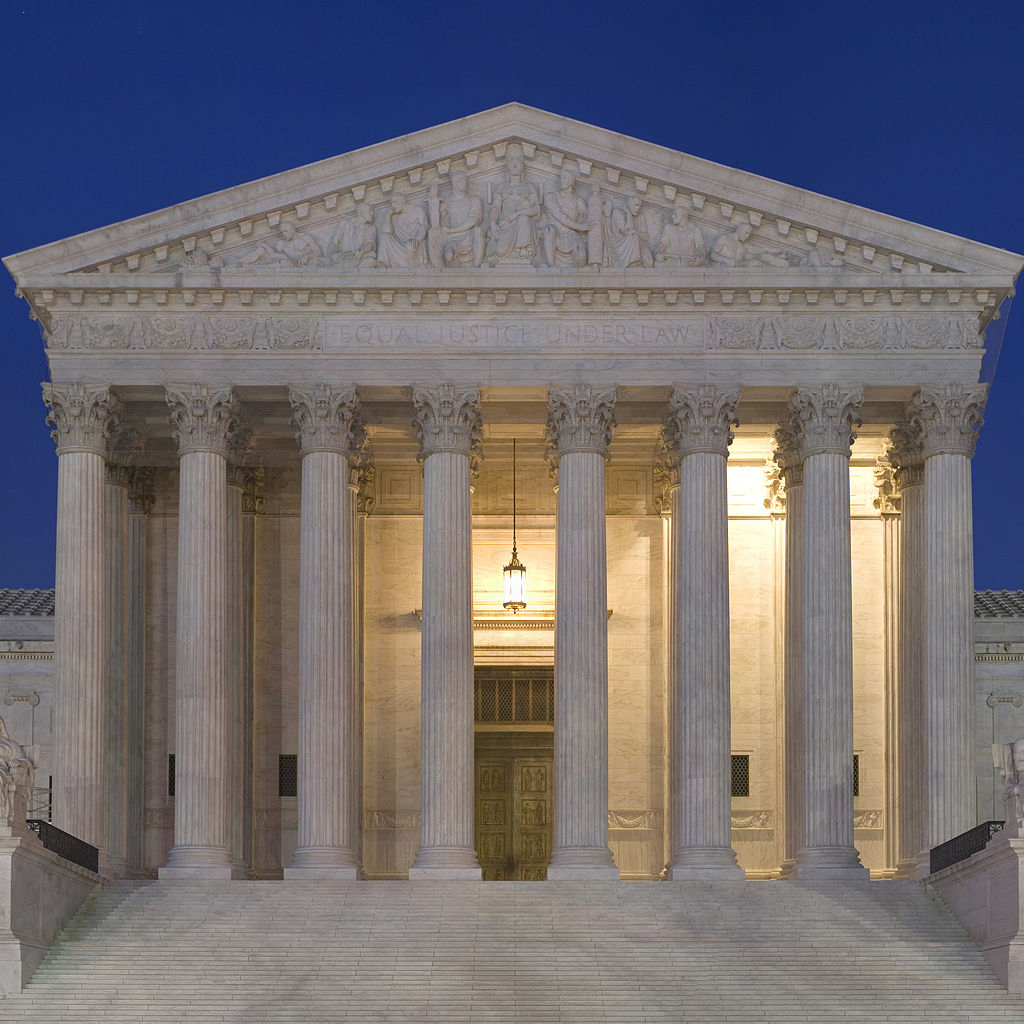Abortion rights, women of color, and LGBTQIA+ people are under attack. Pledge to join us in fighting for gender justice.
A Patient in a Long-Term Care Facility was Sexually Assaulted – She’s Not Alone.
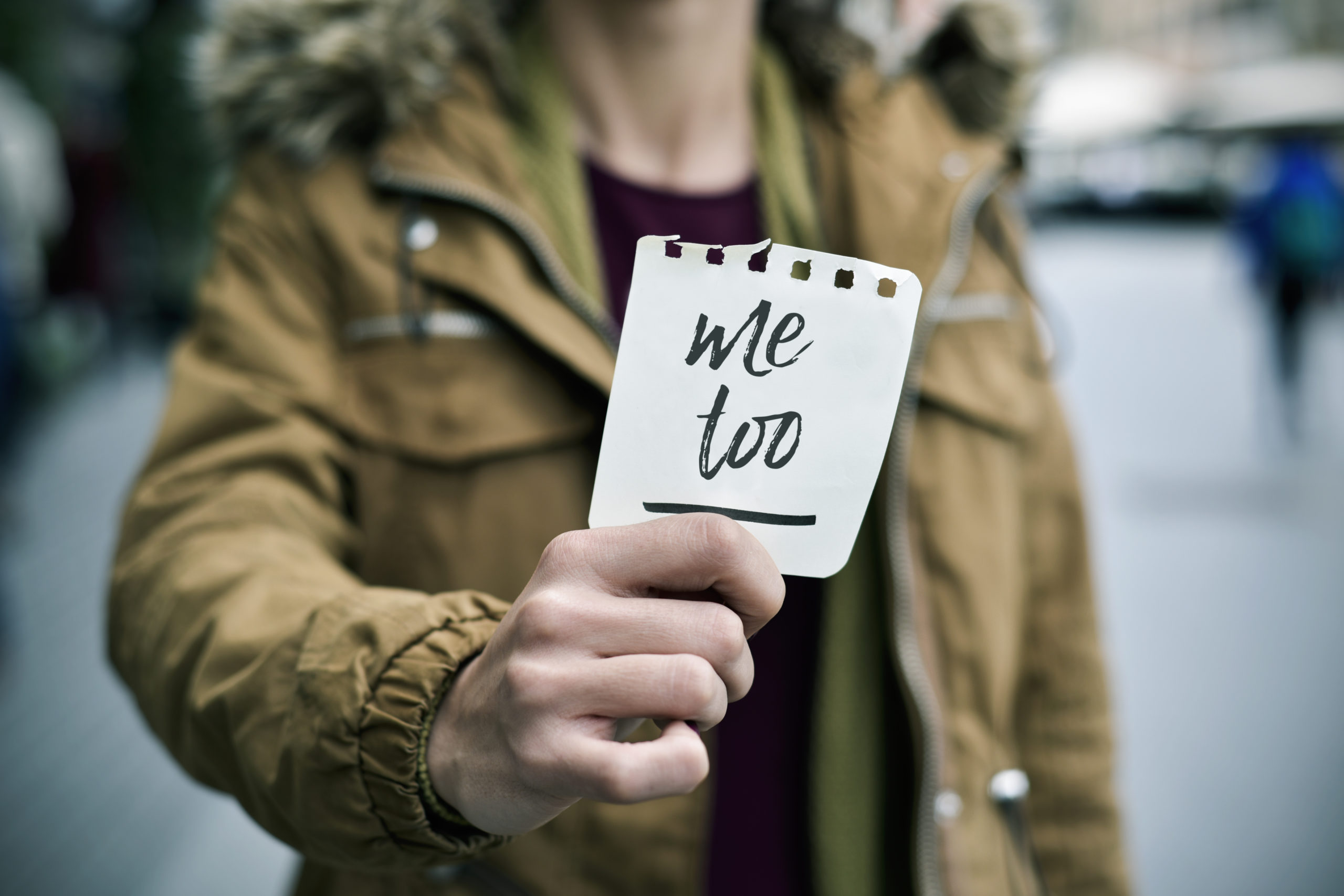
CW: Sexual assault in health care.
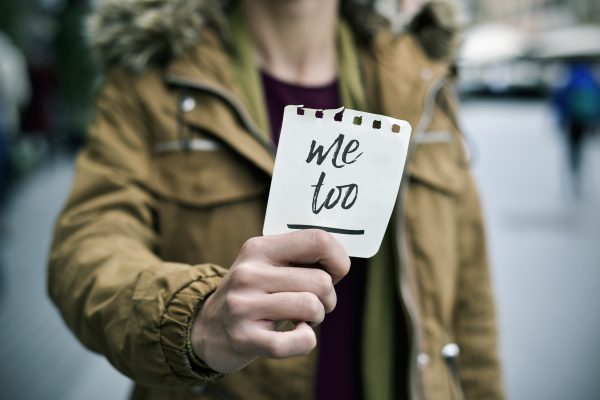
Early this year, I couldn’t scroll through social media without reading about a Native American patient in Arizona who was sexually assaulted and gave birth while receiving long-term care for her disability. Despite the fact the facility says she was receiving around-the-clock care, no one knew she had been sexually assaulted or that she was pregnant until she began moaning as she went into labor. How is it possible that none of the people charged with caring for her knew?
As tragic as this woman’s experience is – she’s not alone.
This patient’s story illustrates a widely ignored problem, of not just sexual harassment and assault of patients, but also the extremely high rates of sexual assault of patients with disabilities and Native American women.
This patient resides at one of the largest private providers of care in Arizona for people with serious cognitive and physical disabilities. She is unable to speak and relies on her health care providers to have her basic needs met. Although many individuals with disabilities are fully able to consent and engage in sexual activity, there are circumstances when someone with a disability is not able to consent – as in this case. It is these patients, who cannot consent and need regular assistance and rely on others for care, who are at particular risk of sexual harassment and assault.
Eighty-three percent (83%) of women with disabilities are sexually assaulted in their lifetime. And many instances of abuse like the kind this patient in Arizona faced go unreported, unprosecuted, and unpunished. Many patients who are unable to speak or communicate are unable to report sexual harassment or assault. Others may rely on the individual who is abusing them for the care they need and be afraid to report. And people with disabilities may be less likely to be taken seriously when they make a report or they may have trouble even accessing the services they need to report in the first place. All of these barriers mean that many abusers are able to continue sexually abusing the patients they are charged with caring for.
But in this case, not only was this patient at risk of abuse because of her disability, she may also have been seen as a target because she was Native American. Like disabled women, Native American women experience shockingly high rates of sexual assault. One in three Native American women has been sexually assaulted in their lifetime. And because of deliberate indifference and a failing legal system many of these cases are not reported or prosecuted. All of this is made worse and more complicated by the fact that the U.S. has a long history of providing Native American people with discriminatory care, subjecting them to multiple forms of harassment, assault, and abuse while getting the care they need. This makes it more difficult for Native women to report sexual harassment or assault and get the justice they deserve.
This patient’s story also illustrates that people don’t experience the world in a vacuum. Like each of us, this patient lives at the intersection of all of her identities. As a Native American woman with a disability, she is impacted by oppression and discrimination because of her race, sex, and disability. These multiple identities and oppressions impact the way she experiences discrimination in health care, like sexual assault. And her identities will continue to affect her care and whether she gets the justice she deserves.
Sexual misconduct has no place in health care. There must be accountability.
The health care facility had a history of tolerating sexual harassment. Employees stated that they were afraid to report problems of sexual harassment for fear of being fired. Such tolerance for sexual harassment and a toxic workplace culture that made it difficult to report sexual abuse was likely the reason that a patient was sexually assaulted without anyone else knowing. And although, in this case, the nurse who sexually assaulted this woman was arrested and fired after his employer learned of his arrest it took an arrest of a health care provider for the facility to take action. Accountability for providers, and the health care entities that employ them, is absolutely necessary to ensure patients are put first and are not sexually harassed or assaulted while getting care. The health care facility where this woman was residing has a responsibility to ensure that systems are in place to make sure that no one – patient or employee – is subjected to sexual harassment or abuse.
If this woman’s story has taught us anything it is that enough is enough.
Sexual assault or harassment by a provider is not just wrong and devastating to patients – it is unlawful. If you or someone you know has experienced sexual harassment or assault while getting the care you need, you have rights and you can always contact the National Women’s Law Center through the Legal Network for Gender Equity at (202) 319-3053 or https://nwlc.org/legal-assistance. The Legal Network provides information to those facing sexual harassment and assault to connect with the legal resources they need to fight back.

